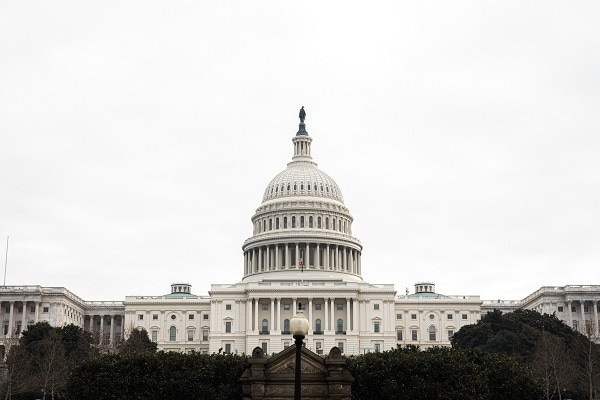The Proposed Legislation
Senator John Barrasso (R-Wyo.) has introduced the "Eliminating Lavish Incentives to Electric (ELITE) Vehicles Act" (S. 541), which seeks to repeal several federal incentives related to electric vehicles. The key provisions of the bill include:
- Repealing the $7,500 Tax Credit for New EVs.
- Eliminating the $4,000 Tax Credit for Used EVs: Introduced under the Inflation Reduction Act, this credit offers up to $4,000 or 30% of the vehicle's price (whichever is less) for qualifying used EV purchases. This credit has been essential in lowering the initial costs for customers in purchasing a used EV, allowing them to avoid a significantly larger investment to determine if an EV suits their lifestyle and needs.
- Ending Federal Investment Tax Credits for EV Charging Stations.
- Closing the "Leasing Loophole": Aimed at preventing certain taxpayers and foreign entities from circumventing restrictions on EV incentives through leasing arrangements.
Senator Barrasso stated, "The hard-earned money of taxpaying Americans should not cover the cost for the luxuries of the nation's elite."
Potential Impact on Used EV Buyers
The proposed elimination of the used EV tax credit is particularly significant for budget-conscious consumers. Currently, the credit provides substantial savings for those purchasing qualifying used electric vehicles. To be eligible, the vehicle must:
- Have a sale price of $25,000 or less.
- Be at least two years old.
- Be purchased from a licensed dealer.
- Meet specific battery capacity requirements.
Additionally, buyers must meet income thresholds and other criteria.
The removal of this credit could make used EVs less affordable, potentially deterring consumers from considering electric options.
Current Political Climate
The bill's introduction is in keeping with a wider agenda on reviewing federal spending on renewable power and related incentives. The current administration and a Congress are acting in a collaborative effort to dismantle policies made under the preceding administrations. The future of the bill is uncertain and would require legislative approval, but current political alignments are such that it is likely to pass.
Why Act Now?
Given the potential for these incentives to be repealed, consumers interested in purchasing a used electric vehicle should consider acting promptly. Taking advantage of the existing tax credit could result in significant savings, but this opportunity may not be available for long.
Our Current Inventory
At our dealerships, we have a selection of quality used electric vehicles that qualify for the current federal tax credit. However, due to increased demand, our inventory is diminishing as customers seize this opportunity. Here are some of the models available at the time of writing this article:

2018 Tesla
Model 3 Long Range AWD: The manufacturer that set the standard for EV's
2021 MINI SE Hardtop Cooper: Sporty and Practical at the same time!
Each of these vehicles is priced to ensure eligibility for the federal tax credit, providing an excellent opportunity for savings. In addition to these vehicles, click on the "Find Your Next Vehicle" logo to the right and explore our inventory of Hybrid, Plug in Electric Hybrid and Better Electric vehicles currently in stock.
Conclusion
The proposed legislation to eliminate federal EV tax credits introduces uncertainty for future incentives. If you've been considering the switch to an electric vehicle, now is an opportune time to explore your options and take advantage of existing benefits before potential changes occur.
Visit our dealership in Montpelier, VT, to test drive our available used electric vehicles for sale in Vermont. Our team is ready to assist you in navigating the purchasing process and ensuring you maximize your savings under the current programs.
Note: The information provided is based on current legislative proposals and may be subject to change. For the most up-to-date details, consult official sources or speak with a tax professional.
 Published February 22, 2025 - Updated July 07, 2025
Published February 22, 2025 - Updated July 07, 2025

 Published February 22, 2025 - Updated July 07, 2025
Published February 22, 2025 - Updated July 07, 2025